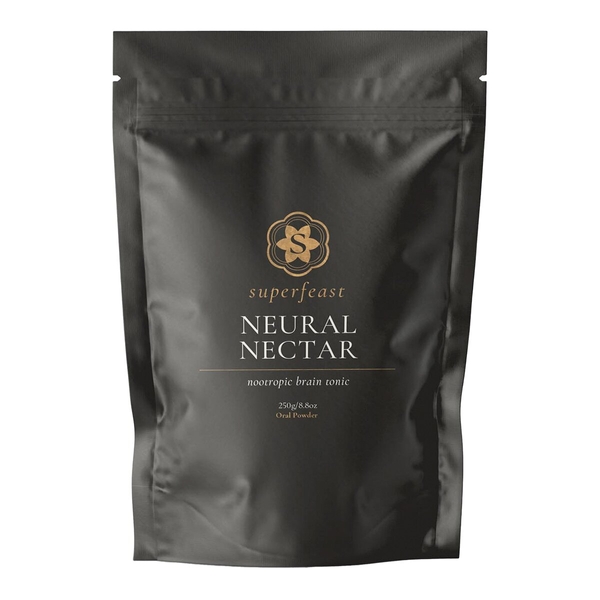
Background
Cowhage contains levodopa (L-dopa), a medication that is used to treat Parkinson disease. But most L-dopa is broken down in the body before it ever reaches the brain unless special chemicals are taken with it. These chemicals are available as prescription medications, but are not present in cowhage.
People use cowhage for Parkinson disease, anxiety, sexual desire, and many other conditions, but there is no good scientific evidence to support these uses.
Safety Safety definitions
When applied to the skin: The hair of the cowhage bean pod is possibly unsafe. It can cause severe itching, burning, and swelling.
Special Precautions & Warnings:
Pregnancy and breast-feeding: There isn't enough reliable information to know if cowhage is safe to use when pregnant or breast-feeding. Stay on the safe side and avoid use.Heart disease: Due to the levodopa (L-dopa) in cowhage, it should be avoided or used cautiously in people with heart disease. L-dopa can cause low blood pressure, dizziness, and fainting. It can also cause pounding or irregular heartbeat.
Liver disease: The L-dopa in cowhage might make liver disease worse. If you have liver disease, don't use cowhage.
Skin cancer called melanoma: The L-dopa in cowhage might make melanoma worse. Don't use cowhage if you have a history of melanoma.
Stomach or intestinal ulcers (peptic ulcer disease): The L-dopa in cowhage might cause stomach bleeding in people with ulcers.
Mental illness: The L-dopa in cowhage might make mental illness worse.
Surgery: Cowhage might interfere with blood sugar control during and after surgery. Stop taking cowhage at least 2 weeks before a scheduled surgery.
Effectiveness
Dosing & administration
Interactions with pharmaceuticals
Guanethidine (Ismelin)
Interaction Rating=Moderate Be cautious with this combination.
Cowhage can decrease blood pressure. Guanethidine can also decrease blood pressure. Taking cowhage and guanethidine together might cause blood pressure to go too low.
Levodopa
Interaction Rating=Major Do not take this combination.
Cowhage contains levodopa. Using cowhage along with prescription levodopa (L-dopa) increases the risk for adverse effects.
Medications for depression (MAOIs)
Interaction Rating=Major Do not take this combination.
Cowhage contains chemicals that stimulate the body. Some medications used for depression can increase these chemicals. Taking cowhage along with these medications might cause serious side effects including fast heartbeat, high blood pressure, seizures, nervousness, and others.
Some common MAOIs include phenelzine (Nardil), selegiline (Zelapar), and tranylcypromine (Parnate).
Medications for diabetes (Antidiabetes drugs)
Interaction Rating=Moderate Be cautious with this combination.
Cowhage might lower blood sugar levels. Taking cowhage along with diabetes medications might cause blood sugar to drop too low. Monitor your blood sugar closely.
Medications for mental conditions (Antipsychotic drugs)
Interaction Rating=Moderate Be cautious with this combination.
Cowhage seems to increase a chemical in the brain called dopamine. Some medications for mental conditions help to decrease dopamine. Taking cowhage along with some medications for mental conditions might decrease the effects of these medications.
Medications used during surgery (Anesthesia)
Interaction Rating=Moderate Be cautious with this combination.
Cowhage contains a chemical called L-dopa. Taking L-dopa along with medications used for surgery can cause heart problems. Stop taking cowhage at least two weeks before surgery.
Medications used for depression (Tricyclic antidepressants)
Interaction Rating=Moderate Be cautious with this combination.
Some medications used for depression can slow down the stomach and intestines. This might decrease how much cowhage is absorbed. Taking some medications used for depression might decrease the effects of cowhage.
Methyldopa (Aldomet)
Interaction Rating=Major Do not take this combination.
Cowhage can lower blood pressure. Methyldopa can also lower blood pressure. Taking cowhage and methyldopa together might lower blood pressure too much.
Interactions with herbs & supplements
Kava: Kava might reduce the effects of cowhage.
Vitamin B6: Vitamin B6 can decrease the amount of L-dopa that stays in the body after taking cowhage. This might decrease the effects of cowhage.
Interactions with foods
Products
View all products- Mucuna pruriens (Cowhage)
- Turnera diffusa (leaf)
- Panax ginseng
- Eleutherococcus senticosus
- Glycyrrhiza glabra (root)
- Beta vulgaris (root) powder (Beetroot)
- Lycium barbarum (fruit)
- Coconut water powder
- Tribulus terrestris
- Smilax officinalis
- Hebanthe eriantha
- Panax notoginseng
- Stevia rebaubiana
- Natural apple flavour
- Myrica rubra (berry) powder (Yumberry)






